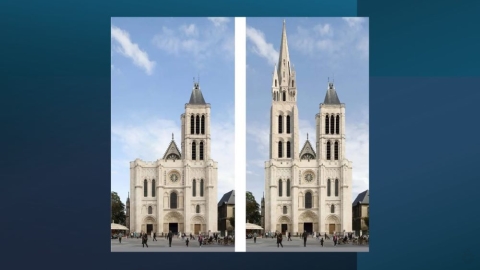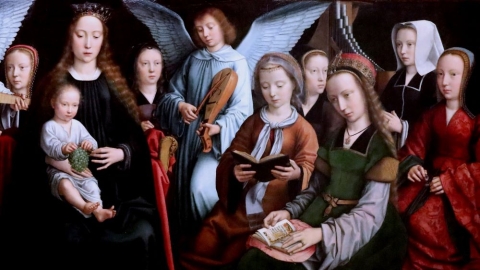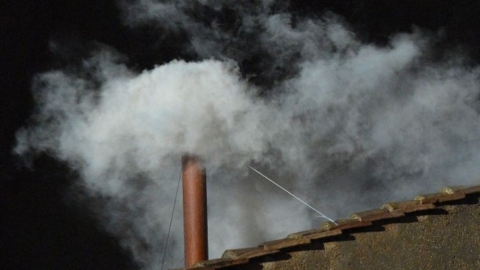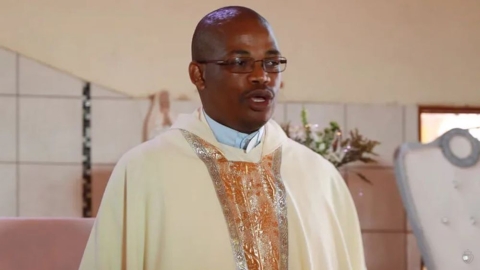The French Conference of Bishops Revises Its Statutes
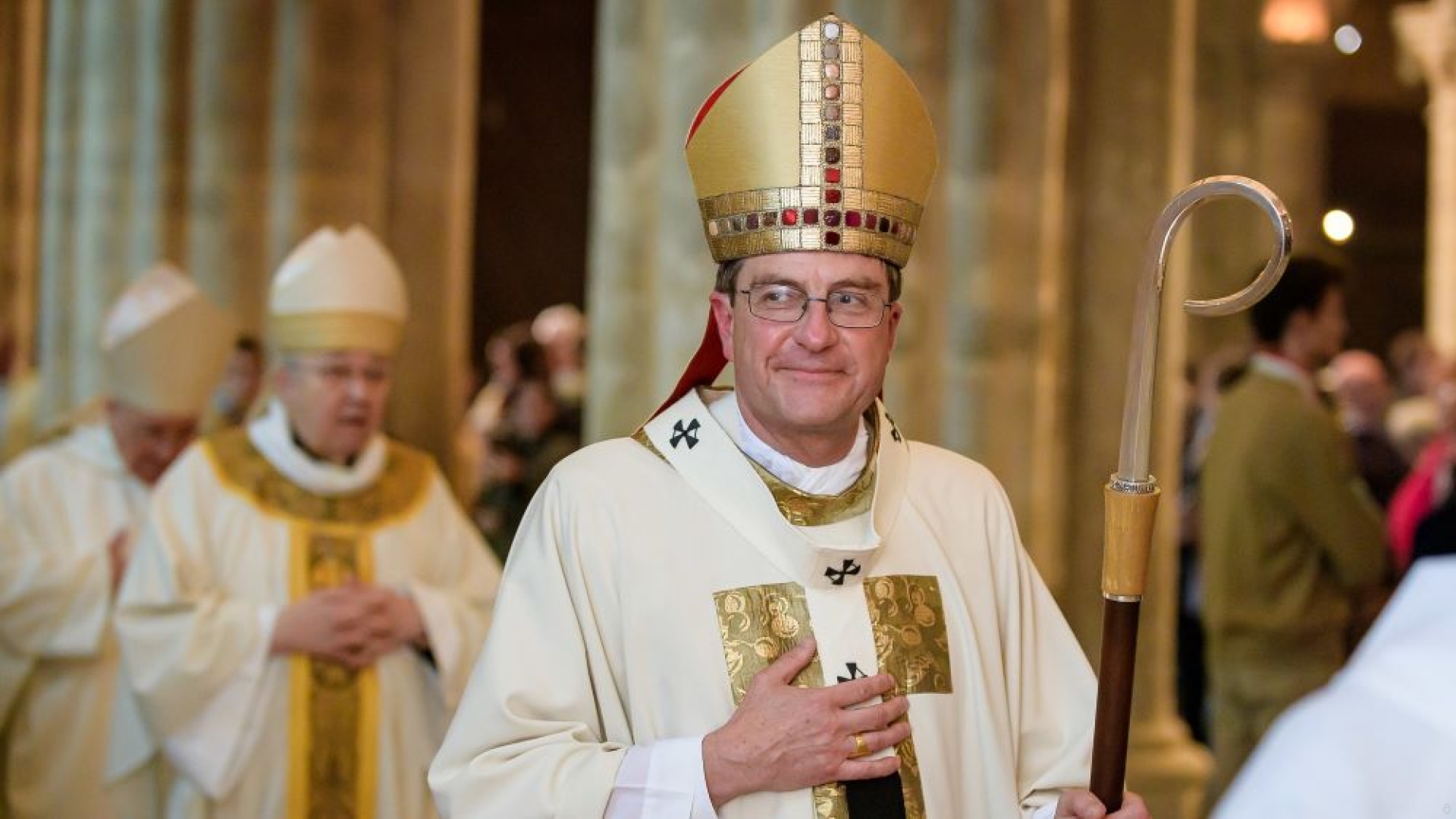
Archbishop Éric de Moulins-Beaufort, President of the Episcopal Conference of France
A project to revise its statutes, consolidate Catholic media in France, express concerns about a future bill on assisted dying, and fight against abuse were all on the agenda. The French Bishops’ Conference just completed its 93rd plenary assembly. All under the eye of the Holy See, whose adjustments have not been lacking in recent months.
“Modesty and sense of responsibility.” The words used by the President of the Conference of Bishops of France (CEF) to summarize the three and a half days of the spring plenary assembly held in Lourdes from March 19 to 22, 2024, were not chosen at random.
Because one of the major projects of the CEF, for many months, is not the most publicized--far from it: it consists in a reconfiguration of the structures of the episcopal conference, meant to integrate the results of the work on synodality begun in September 2021.
This is how, in November 2023, the CEF voted in new statutes sent to the Holy See to obtain validation--recognitio in Church law--which would have allowed their promulgation and their entry into effect.
But instead of recognitio, it was a correctio which arrived from the banks of the Tiber: “It [the Holy See] sent us remarks which we were not expecting. We had to integrate them and we did it cheerfully,” diplomatically explains Bishop Eric de Moulins-Beaufort, President of the CEF.
The Archbishop of Reims also clarifies the reason for the Roman reframing: “The Holy See wants a Bishops’ Conference to be made up of several governing bodies or places of common work and bishops’ decisions, for everything not to be concentrated in the hands of a single Permanent Council. The obligatory existence of a Doctrinal Commission is not enough to honor this requirement.”
The Vatican’s intervention is undoubtedly to be viewed in the context of the tensions between Rome and the German bishops: these latter are trying--against the wishes of the Pope and the Curia--to create a decision-making body composed of laity and clerics within the episcopal conference, at the risk of further diminishing the power of the bishops and diluting their responsibility.
It seems that the bishops of France were tempted to follow a similar path, hence the reaction of the Holy See: “We will therefore entrust three of the poles to the management of a commission, composed solely of bishops, which could function, as much as is appropriate, in an expanded formation; and three others to the management of a council, composed of bishops and other people. [...] With the possibility for the bishops to meet in an episcopal format,” the President of the CEF comments.
Other subjects discussed during the spring plenary assembly of French bishops include the “consolidation” of French Catholic media, in a movement which is remisicent of what took place at the Vatican and the start of the present pontificate, when the various organs of information had to merge, with the turmoil that we know.
The French bishops also cosigned a text expressing their “attachment to refusing induced death,” their “great concern” and their “deep reservations concerning the bill announced on the end of life.” A statement in the form of a refusal which struggles to find the words to say it and recall the elementary rights of the Creator over His creature.
The CEF finally addressed the sea serpent of abuse in the Church, giving its Permanent Council the mission to develop an “ad hoc mechanism” in order pay attention from now on to “adult victims.”
(Source : Conférence des évêques de France – FSSPX.Actualités)
Illustration : Flickr / Diocèse de Reims (CC BY-ND 2.0 Deed)
